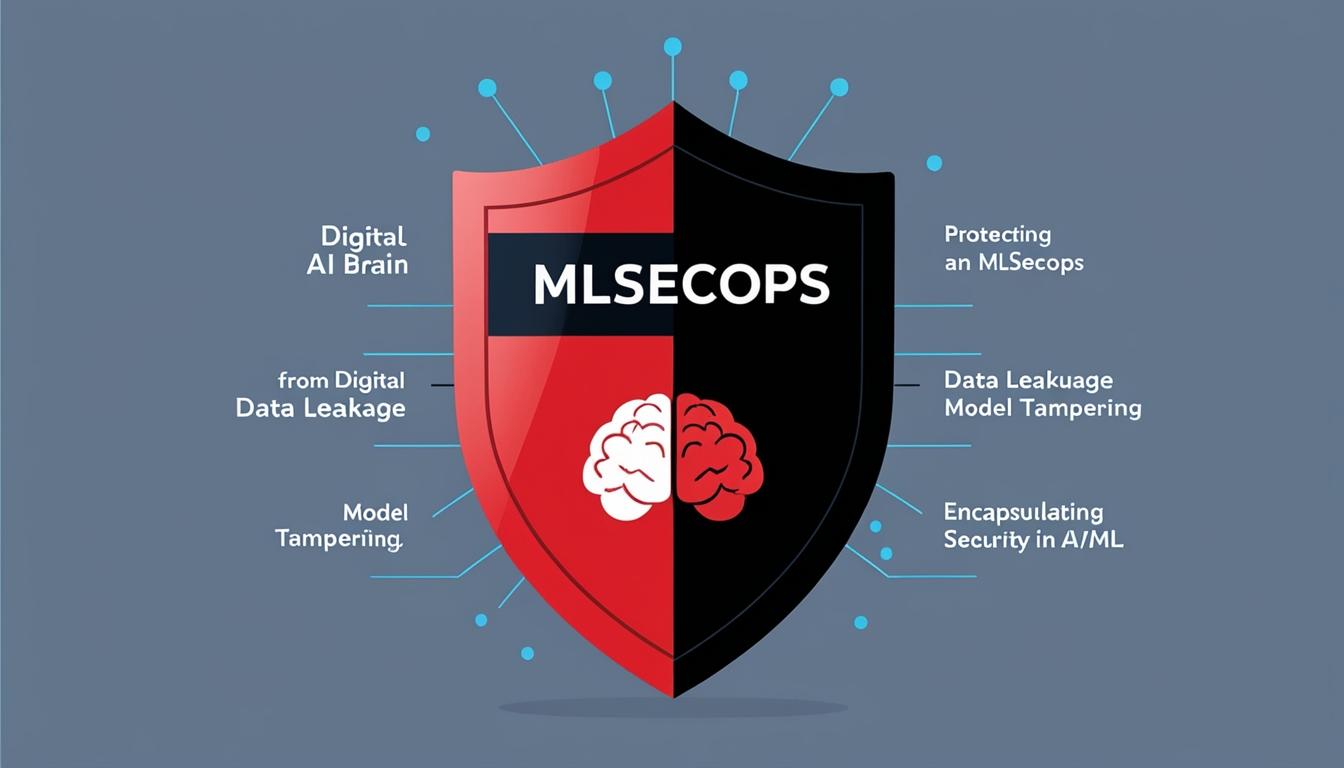AI and machine learning (ML) technologies are at the forefront of a significant revolution across various industries, reshaping business operations and offering capabilities that were previously considered unattainable. Applications such as fraud detection in financial services and diagnostic imaging in healthcare exemplify the profound impacts of these technologies. The evolution of AI/ML, however, brings to light new security challenges that organisations must address as they integrate these systems into their operations.
As highlighted by Diana Kelley, chief information security officer at Protect AI, the rapid adoption of AI technologies introduces a range of novel threats, particularly that of ML model tampering, data leakage, adversarial prompt injection, and AI supply chain attacks. Traditional software security methods are often ill-equipped to counter these emerging risks. To mitigate these vulnerabilities, Kelley advocates for the implementation of Machine Learning Security Operations (MLSecOps), which provides a comprehensive framework designed to secure the AI/ML lifecycle.
The terminology within this field often blurs the lines between artificial intelligence and machine learning, where AI refers to systems that simulate human intelligence and ML, a subset of AI, allows systems to learn independently from data. For instance, AI technologies are employed to monitor transactions for fraudulent activity, while ML models adapt over time to identify new investment patterns. However, any compromise of data inputs jeopardises the reliability of these systems.
The authors of the commentary distinguish between MLOps and DevOps, note that while both practices focus on deployment and maintenance of models, MLOps contends with the fluidities of ML models which are frequently retrained and subject to changes in data that may inadvertently introduce security vulnerabilities. This is contrasted with DevOps, which traditionally addresses static software applications and embeds security through the DevSecOps paradigm throughout the software development lifecycle.
The emergent MLSecOps framework is proposed as an analogous evolution for machine learning, seeking to ensure security is integrated at each stage of the AI/ML process—from data collection and model training to deployment and ongoing monitoring. As digital attacks evolve, the importance of protecting AI systems gains momentum.
Several specific security threats are identified that pertain directly to AI/ML; model serialization attacks involve the manipulation of an ML model during the data compression phase, while data leakage presents significant risks if sensitive information finds its way into public domains. Moreover, adversarial attacks may deceive Generative AI systems into producing erroneous or harmful outputs. Additional danger lies within AI supply chain attacks, which can compromise the foundational data or assets of an ML model before it is operational.
The MLSecOps framework aims to counteract these threats by securing data handling protocols, scanning models for anomalies, and monitoring system behaviours post-deployment. Additionally, collaboration across security teams, ML practitioners, and operational staff is emphasised to create a holistic approach to risk management within these pipelines.
Transitioning to an MLSecOps structure necessitates not only the adoption of new tools but also a cultural and operational realignment within organisations. Chief Information Security Officers (CISOs) are encouraged to foster cooperative environments among security, IT, and ML teams, which are frequently siloed in their operations. Initiatives such as conducting regular AI/ML security audits and establishing robust security controls aligned with MLSecOps principles are recommended first steps. Furthermore, ongoing training and awareness initiatives are critical to sustaining an effective MLSecOps culture as threats continue to evolve.
As AI technologies become increasingly integral to business strategies, the need for robust security practices throughout their lifecycle is paramount. MLSecOps emerges not just as a framework but as an essential progression in securing AI applications against a backdrop of ever-evolving threats, ensuring operational resilience and high performance for organisations adopting these transformative technologies.
Source: Noah Wire Services
